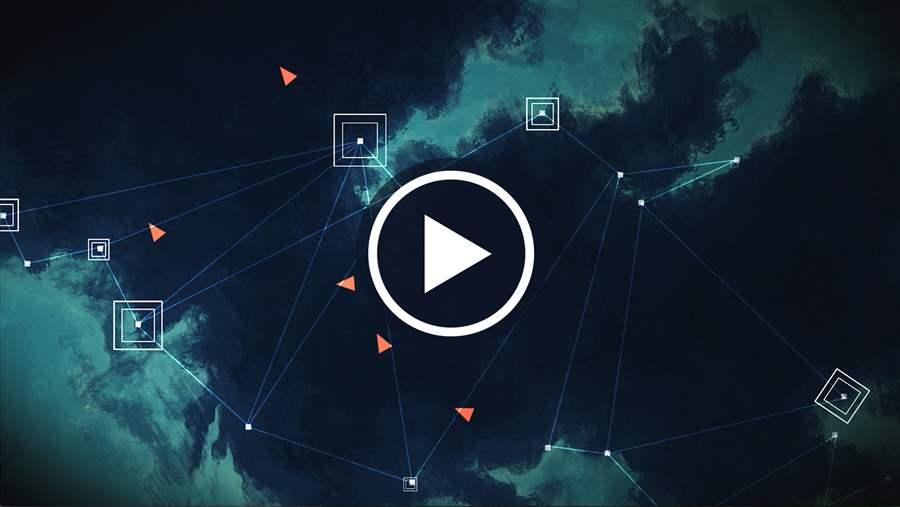And although many industrial fishing operations act within the law, some routinely and systematically disregard the rules. They do this in a variety of ways: failing to report their catches, using illegal gear, fishing without licenses, and even painting new names on fishing vessels while at sea to avoid detection by authorities.
This activity skews scientific stock assessments, undermines law-abiding fishers, and deceives consumers who trust that the fish they purchase was caught legally. Allowing illegal fishing to continue could have dire consequences for the health of the ocean and for all who depend on it.
For more than 12 years, Pew has focused on building a global system to combat illegal fishing by working with governments, fisheries management bodies, enforcement authorities, and the seafood industry to adopt and implement international agreements and regulations and to form multi-State coalitions that will safeguard and protect their waters.
In 2019, the project merged with Pew’s global tuna conservation and ending overfishing in Northwest Europe campaigns. Together, this work continues as the international fisheries project.

Illegal, unreported, and unregulated (IUU) catch continues to enter world markets, accounting for up to $23.5 billion worth of seafood each year. To combat this illicit activity, the United Nations Food and Agriculture Organization Agreement on Port State Measures (PSMA) came into force in 2016 after it surpassed 25 ratifications.

Despite the critical role that key species play in marine ecosystems and the billions of dollars they generate for the global economy, there are inadequate rules in place to ensure that catch levels are sustainable.

Overfishing is one of the greatest threats facing the ocean, with the United Nations Food and Agriculture Organization (FAO) reporting in 2020 that one-third of all fish stocks are overfished and that another nearly 60 percent cannot sustain any increases in fishing.

In the effort to end illegal fishing and other crimes on the sea, enforcement plays a vital role. Daniel Schaeffer, a senior manager working on international fisheries for The Pew Charitable Trusts, strives for effective enforcement of laws intended to end and prevent illegal, unreported, and unregulated fishing.

Every time wild-caught fish is bought at a restaurant, store, or waterfront dock, there is a 1 in 5 chance that it was caught outside of the law. Illegal and unreported fishing worldwide accounts for up to 26 million metric tons of fish annually, worth up to $23.5 billion. This equates to more than 1,800 pounds of wild-caught fish stolen from the seas every second. With nearly 90 percent of the world’s fisheries fully exploited or overexploited, it is more critical than ever that steps be taken to address illegal, unreported, and unregulated (IUU) fishing.



